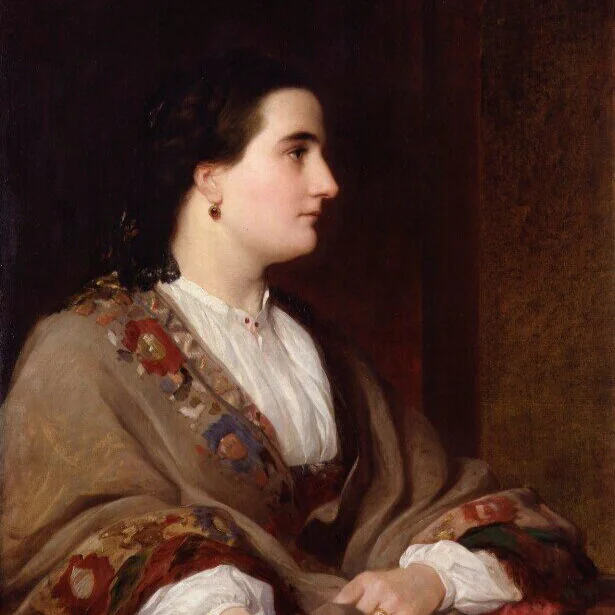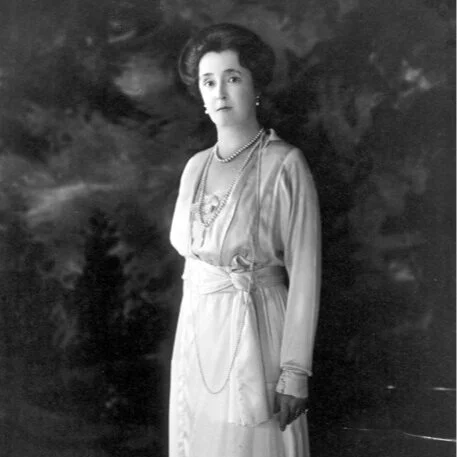The Theaters of Goetz: Shady Business in Milwaukee
In a previous post on the Goetz Brothers’ business dealings with Milwaukee-based Community Theaters, owned by William Pabst, I mentioned how Community sought to diversify out of Milwaukee through their Goetz partnership. Conversely, the Goetz Brothers sought a way into urban Milwaukee markets— a strategy that ended poorly for the brothers. Not only did Leon and Chester loose money, but the circumstances around their retrenchment, and contemporary press coverage of the Milwaukee theater market, suggest the pair were victims of a hustle by local theater owners who’d just been burned themselves trying to corner the exhibitor’s market.
In 1927, the Goetzes purchased the Empire/Granada, Parkway, Radio and the Regent theaters in urban Milwaukee, where a consortium of local and out-of-town theater owners had just banded together to increase their bargaining power with the movie exchanges. To do this, the owners formed a holding company, “Badger Theaters Corp” and began buying up Milwaukee movie theaters. They were not able to maintain solidarity, and soon the out-of-town (almost certainly Minnesota) money withdrew, leaving the local partners on bad terms with powerful exchanges and owning more seats than they could fill. These owners had to off-load their premises at a time when theaters were being built or expanded upon every month.
The Film Daily, March 22nd 1927 part I.
The Film Daily, March 22nd 1927, part II.
The Goetz Brothers began their Milwaukee expansion by picking up the chunks falling from Badger Theaters Corps’ asset portfolio. What the brothers didn’t figure on was that Badger members were heavily represented in areas where there were more movie seats than patrons; in addition they were independent operators competing with the well-financed Saxe and Universal theater chains.
The Film Daily, February 8th 1927.
The Film Daily, March 20th, 1927.
Less than two months after Leon and Chester went on their buying spree, the bottom fell out of the theater market and the same M. Nikovitch and Fred Seegert bought their theaters back, most likely for a fraction of the selling price. The Goetz brothers had, in effect, bore the cost of over-investment by a core of local movie businessmen. Several months after the Goetzes had purchased these four Milwaukee theaters, regional trade paper Exhibitor’s Herald carried a detailed story on Milwaukee’s oversupply of seats, identifying precisely which areas were hit worst and who owned the theaters there. The Goetz brothers’ new acquisitions featured prominently in this bloodbath— I’ve market their theaters with red stars.
Exhibitor’s Herald, September 27th, 1927
Milwaukee’s North West side was over-supplied with movie theaters; the Goetz Radio Theater was even forced to close that summer. Exhibitor’s Herald, September 27th, 1927.
Milwaukee’s South Side was also hit by over-supply. The Granada had formerly been called the Empire. Exhibitor’s Herald, Sept 27th 1927 .
Most of the theaters in question had existed for many years, which begs the question: Why had the brothers not seen this over-supply coming? If conditions were so obviously hazardous, why had Leon and Chester not consulted their Milwaukee partners, Community, prior to their extravagant expenditures? The plot thickens further, because by June of 1927, the Goetz brothers were reported to be involved again with the theaters they had just sold back to their original owners and were sinking more money into the ventures:
The Film Daily, June 3rd 1927.
Unfortunately, renovating the Granada was a bit like throwing good money after bad: the fundamental over-supply issue was not addressed. Clearly, something complicated was happening in the Milwaukee market, but short of the rediscovery of the Goetz account books, we’ll probably never knew what exactly was going on.
What we do know, however, is quite incredible: the resale of the Empire/Granada, Radio and Regent, paired with an expensive renovation of the Empire/Granada, didn’t sink the Goetz brothers, who began to invest in the southern Wisconsin town of Beloit.
The Film Daily, May 13th 1927.
The Film Daily, May 16th 1927. Note Chester is the managing partner.
Where was all this money coming from? Naturally, the powerful exchanges— which would have supplied the Western movies that the Goetz brothers showed in Milwaukee— had a vested interest in keeping exhibitors from banding together into bargaining bodies. It could very well be that exchanges aided struggling independent operators like the Goetzes to ensure demand for their product— demand which would take what it was given at the prices quoted. There is no hard evidence for this though, just market logic.
The Goetz’s theater specialized in Western movies, demand for this genre was often met by down-market producers. Exhibitor’s Herald, September 27th, 1927.
Exhibitor’s Herald, September 27th 1927.
Another possibility is that Community Theaters was involved in all of this, but chose to be the silent partner behind the Goetz Brothers, who would certainly appear less formidable than someone with the surname “Pabst” in Milwaukee.
Whatever motivated this spending, the result was distancing between the Goetz brothers: Chester managed the growing theater chain, while Leon increasingly veered off into more speculative— and suspect— business ventures.


















